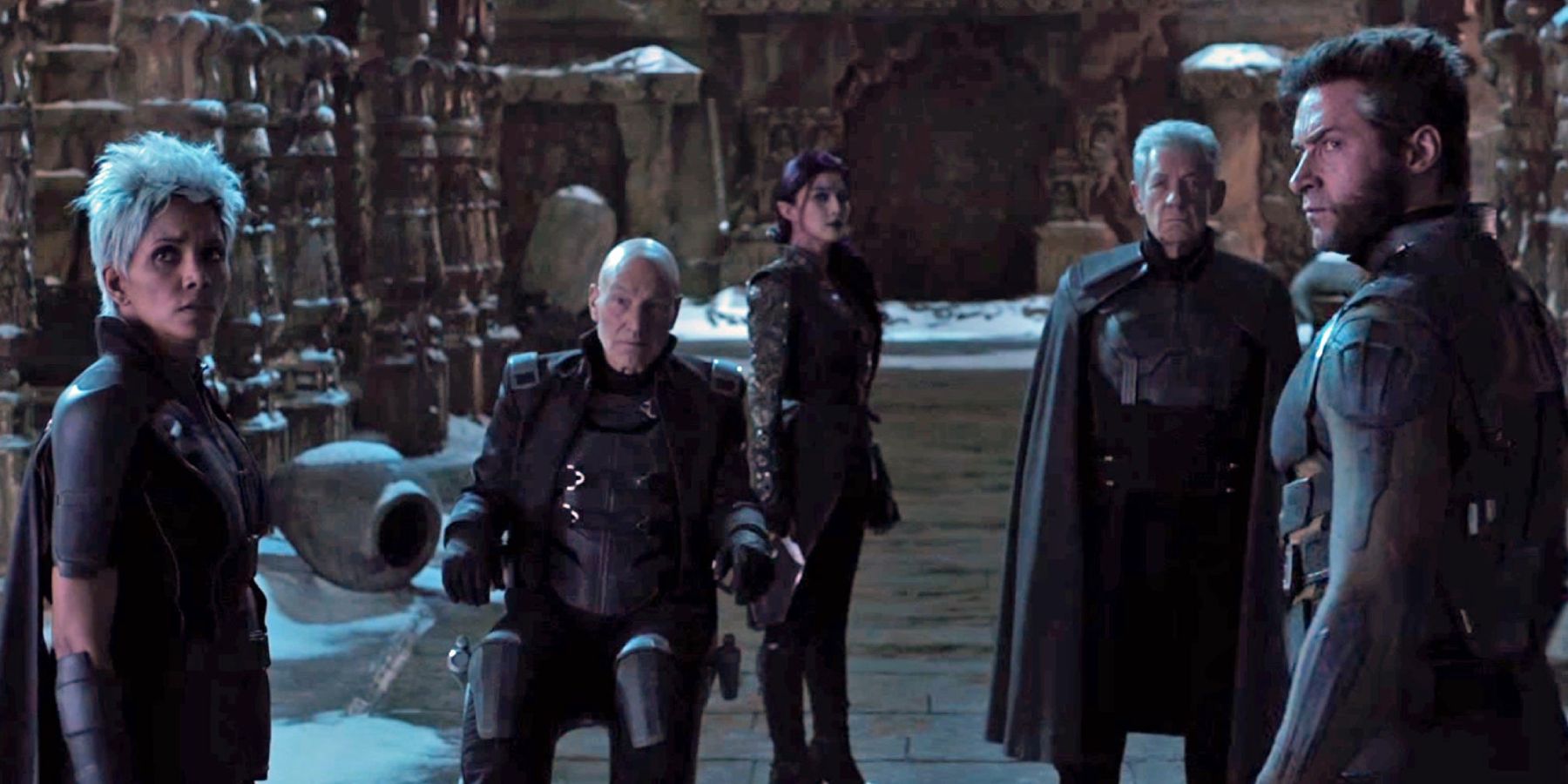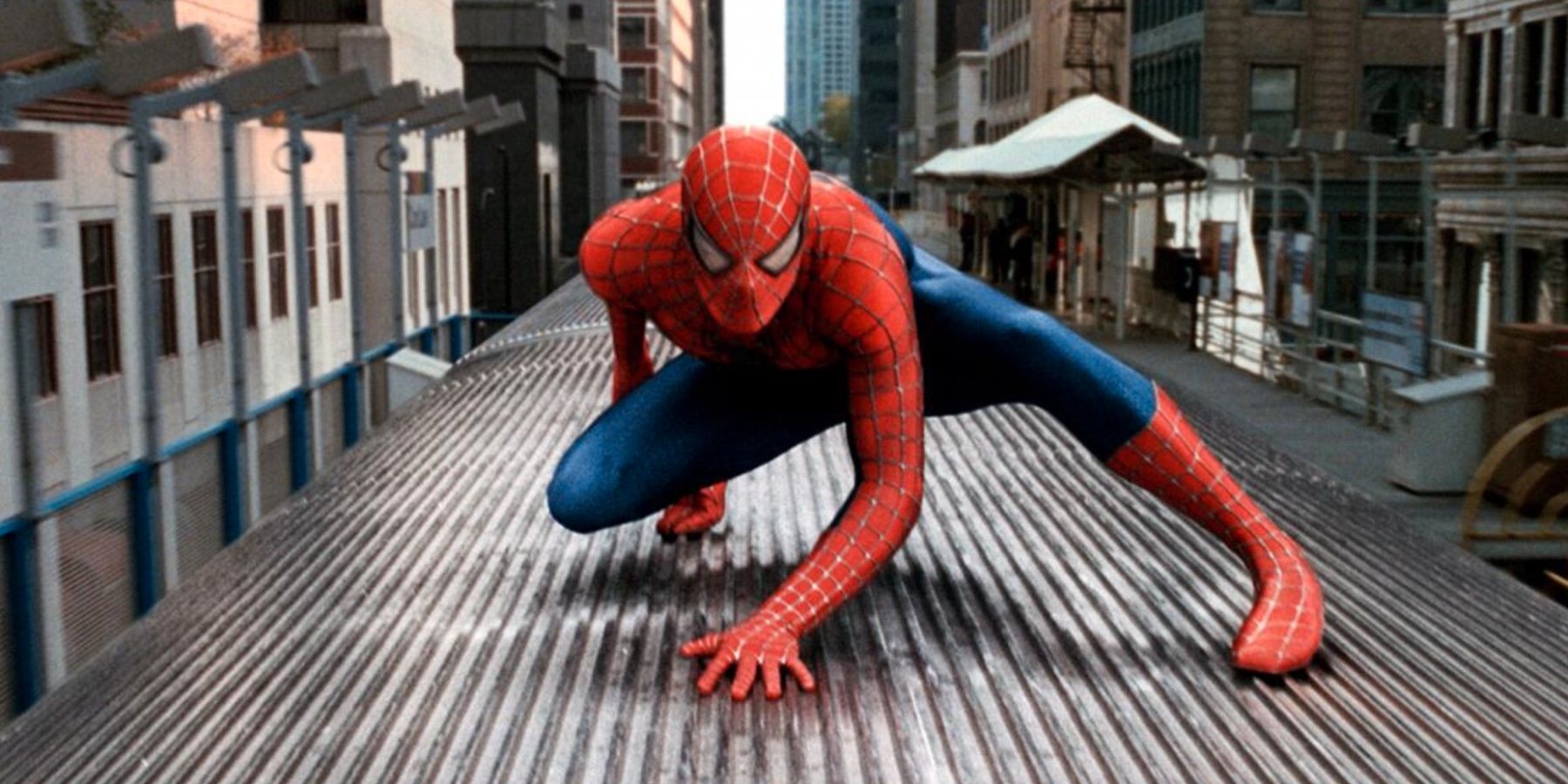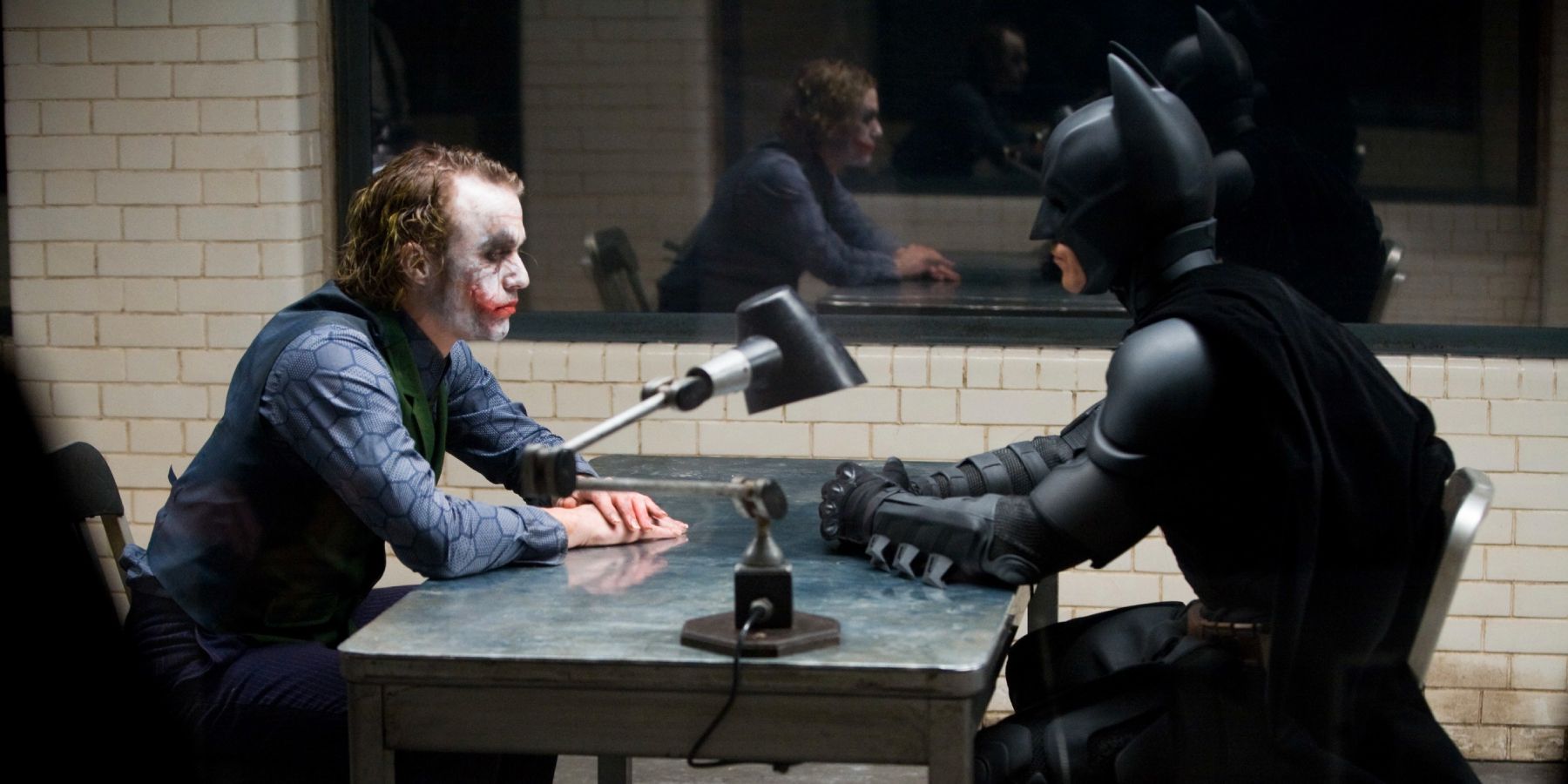In the last 20 years, films about superheroes have gone from anomalies to outright saturating box offices. Thanks to their massive success, it’s hard to go a year or even six months without an offering from Marvel or DC. Over two decades and across dozens of films, the way superhero stories are told has shapeshifted. Where the narrative was once locked in as a tale of good vs. evil where justice always prevails, now can be almost anything — from bombastic blockbusters with set pieces to smaller projects focused on character study.
And there doesn’t look like an end in sight as the DCEU steadily expands and the MCU begins its ambitious fourth phase of films and shows. With so much in the landscape, it might be hard to figure out how it got to this point. But there are three trilogies towards the beginning of the trend that paved the way for each new entry into the superhero film genre.
RELATED: This May Be The Strategy That Makes Phase 4 Of The MCU Successful
X-Men (2000 - 2006)

The original X-Men trilogy — while a bit overshadowed by the films that succeeded it — was vital in putting superhero films back into the mainstream. The first film, X-Men, had the enormous task of appealing to die-hard fans and entertaining people who knew nothing of Professor X and his students. What resulted was one of the highest-grossing films of the time, showing studios and producers that stories about superheroes make money. Thus, a resurgence of superhero media began.
Over three films, X-Men featured an ensemble cast years before audiences would see the beloved Avengers assemble in 2012, as well as packing major star power with Ian McKellan as Magneto and Patrick Stewart as Charles Xavier. It could also be argued that Hugh Jackman’s role as Wolverine pushed the actor into superstardom. The series as a whole does a great job of exploring the forces behind why people make the choices they make — whether they’re good or bad — and the hypothetical of humans living among superheroes and the potential issues it would create.
Spider-Man (2002 - 2007)

Sam Raimi’s iteration of the web-slinger is the first solo superhero film in the modern age. The director of the Evil Dead series brings his camp and horror influences to the series. Spider-Man feels like a comic book film because it moves like one — full of fast-paced editing and colorful costumes. The scripts are not afraid to lean into their comic book roots and add a slice of humor where they deemed it fit. While it’s not the most popular path to tell a superhero story in the past decade, a few films have done it since, such as Thor: Ragnarok and Deadpool.
Across the three films, Spider-Man treats viewers to an array of villains, some gaining a cult-like following for their performances like Willem Dafoe’s Green Goblin and Alfred Molina’s Dr. Octopus. Even the less beloved film in the series, Spider-Man 3, is vital to the films that followed, especially 2018’s Venom. The first film in the series is remarked as one of the best superhero films to date and gave Marvel films to follow, like Captain America: The First Avenger and Iron Man, the perfect blueprint to tell an origin story for a character. Throughout the series, Tobey Maguire’s Peter Parker deals with the struggle of keeping his true identity a secret, a plot point that the MCU’s newest telling of the superhero is set to explore in Spider-Man: No Way Home.
The Dark Knight Trilogy (2005 - 2012)

Rounding out the trio is the newest and probably most acclaimed of the three trilogies. Christopher Nolan’s take on Batman moved the superhero genre into new territory, taking any campy elements and replacing them with his more grounded approach. Starting with Batman Begins, these films examine Gotham through a gritty lens. Characters were less cartoonish than in previous Batman films and more focus was put on the heavy burden Bruce Wayne (played by an impressive but subtle Christian Bale) carries as the caped crusader.
The Dark Knight trilogy is full of amazing performances like Tom Hardy’s Bane or Gary Oldman as Police Commissioner Gordon — but none seem to define the films better than Heath Ledger’s Oscar-winning turn as the Joker. While only in The Dark Knight, the second film out of the three, Ledger’s time as the Clown Prince of Crime has since cast a large shadow over the character, becoming a point of comparison for all actors who don the makeup after. It’s the realism and nuanced terror in the plot points and characters of Nolan’s trilogy that makes it so influential, especially for Matt Reeves’ take on Bruce Wayne and Gotham in The Batman coming next year.
MORE: This Suicide Squad Character Has A Huge Watchmen Connection

